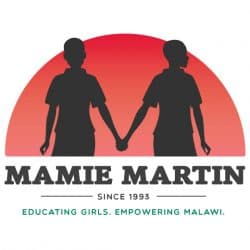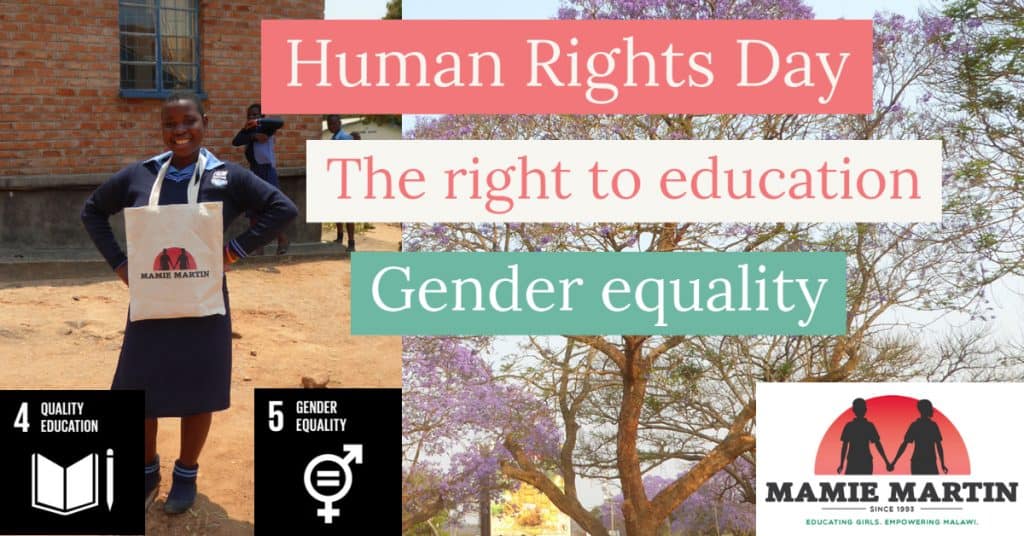This being the centenary of Mamie and Jack Martin’s marriage and journey to Malawi, we launched our #Pledge100 project on 1st January. Shona McAllister is our first pledger – she will run a 5k 100 times this year.

Shona used to run a bit many years ago but took it up seriously during the first lockdown. As part of a virtual running club, a group of six women who motivated each other, she achieved ‘Couch to 5k’ and decided to keep up her running. She says that she could not have done that without the support of those friends. Her ambition was to run well for half an hour. Having achieved that, she is now working on improving her pace. That is a bit tricky in the bad weather so she describes herself as being in ‘maintenance mode’ at the moment.

Shona reminds us that exercise is very good for our mental health. She says that lockdown transformed her lifestyle; she currently works from home and takes a lot more exercise. She and her husband have a new puppy, who is called ‘Emmeline’ after the famous suffragette. No more needs to be said about Shona’s views on girls’ education and her support of our work in Malawi.
Shona’s connection with the Mamie Martin Fund goes back to her late father, who played in a band with Willie Sinclair, Mamie’s grandson. They held many fundraisers for MMF and Shona thinks of herself as running these 5Ks in her Dad’s memory.
Shona lives in the southside of Glasgow with Queen’s Park and Linn Park nearby – excellent running opportunities. She hopes that the awareness and money which she is raising by this pledge will support our work with a view to improving equality and girls’ empowerment and reducing rates of child marriage in Malawi; she wants ‘to create a more equal society’. You can support Shona in her pledge or join her by also registering to do 100 of something this year.













